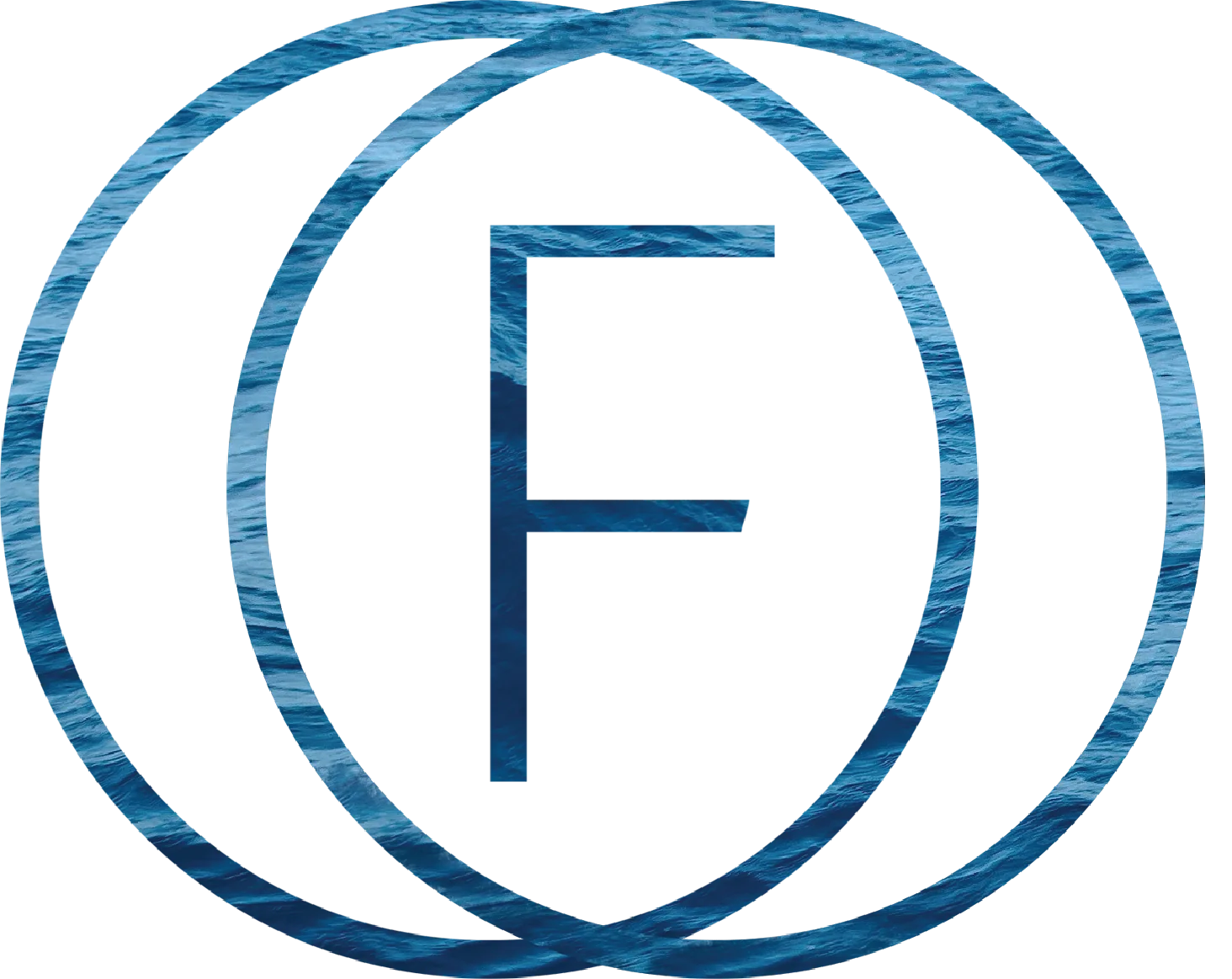
FOO 2015
Overview
The inaugural meeting of The Australian Forum for Operational Oceanography (FOO) was held in Fremantle, Western Australia on 21-23 July 2015.
The meeting was attended by participants from across 50 organisations, with representation from all ‘four pillars’ of the Forum’s stakeholder base, namely marine industries, service providers, government agencies and research providers.
The meeting was sponsored by the Australian Government Department of Industry and Science, and Hon Ian Macfarlane MP, Minister for Industry and Science addressed the Forum.
Feedback about the first meeting was very positive, and participants felt it should not be a one-off event. There was a strong desire to build on the dialogue commenced at the meeting to establish effective, ongoing communication between Forum participants.

FOO 2015 was supported by the Australian Government Department of Innovation, Industry and Science, and the Integrated Marine Observing System

FOO 2015 Steering Committee
The overarching goal of the initial steering committee, outlined below, was to bring the FOO into existence, with a specific target of holding the inaugural Australian Forum for Operational Oceanography meeting in June 2015.
- Nick D’Adamo, Intergovernmental Oceanographic Commission (IOC), UNESCO
- Jan Flynn, Shell Australia (Co-Chair)
- Tim Moltmann, Integrated Marine Observing System (Co-Chair)
- Emma Sommerville, Integrated Marine Observing System
- Brian King, RPS Group
- Simon Foster, Fugro GEOS
- Tim Sawyer, Carnegie Wave Energy
- Martin Exel, Austral Fisheries/ Commonwealth Fisheries Association (CFA)
- Martin Rutherford, Royal Australian Navy (RAN)
- Craig Longmuir, Australian Maritime Safety Authority (AMSA)
- Alan Stokes, Australian Coastal Councils/ National Sea Change Task Force
- Nick Rayns, Australian Fisheries Management Authority (AFMA)
- Richard Brinkman, Australian Institute of Marine Science (AIMS)
- Boris Kelly-Gerreyn, Bureau of Meteorology (BoM)
- Andreas Schiller, Commonwealth Scientific & Industrial Research Organisation (CSIRO)
- Stuart Minchin, Geoscience Australia (GA)
- Ben Evans, National Computational Infrastructure (NCI)
Presentations
Theme 1 – What is Operational Oceanography and what does it mean in the Australian context?
Theme 2 – Assessing Present Capabilities – what can we do now?
Scope of capabilities under consideration – ocean circulation, sea state and weather, climate, atmosphere and ecosystems
Observing systems – research and operational
Modelling systems – research and operations
New advanced computing research infrastructures to support operational oceanography
Operational marine and ocean services at the Bureau
Theme 3 – Uses of Operational Oceanography
Topic 1 – Emergency Response
Scope of capabilities under consideration – ocean circulation, sea state and weather, climate, atmosphere and ecosystems
Observing systems – research and operational
Modelling systems – research and operations
New advanced computing research infrastructures to support operational oceanography
Operational marine and ocean services at the Bureau
Topic 2 – Coastal and Marine Management, Ports and Shipping
Scope of capabilities under consideration – ocean circulation, sea state and weather, climate, atmosphere and ecosystems
Observing systems – research and operational
Modelling systems – research and operations
New advanced computing research infrastructures to support operational oceanography
Operational marine and ocean services at the Bureau
Theme 4 – Identifying and Addressing Future Challenges and Opportunities
Citing This Work
If you would like to use any of the above, please use the following information:
[author/s], presentation at the Forum for Operational Oceanography (21-23 July, 2015) Fremantle, Australia.
